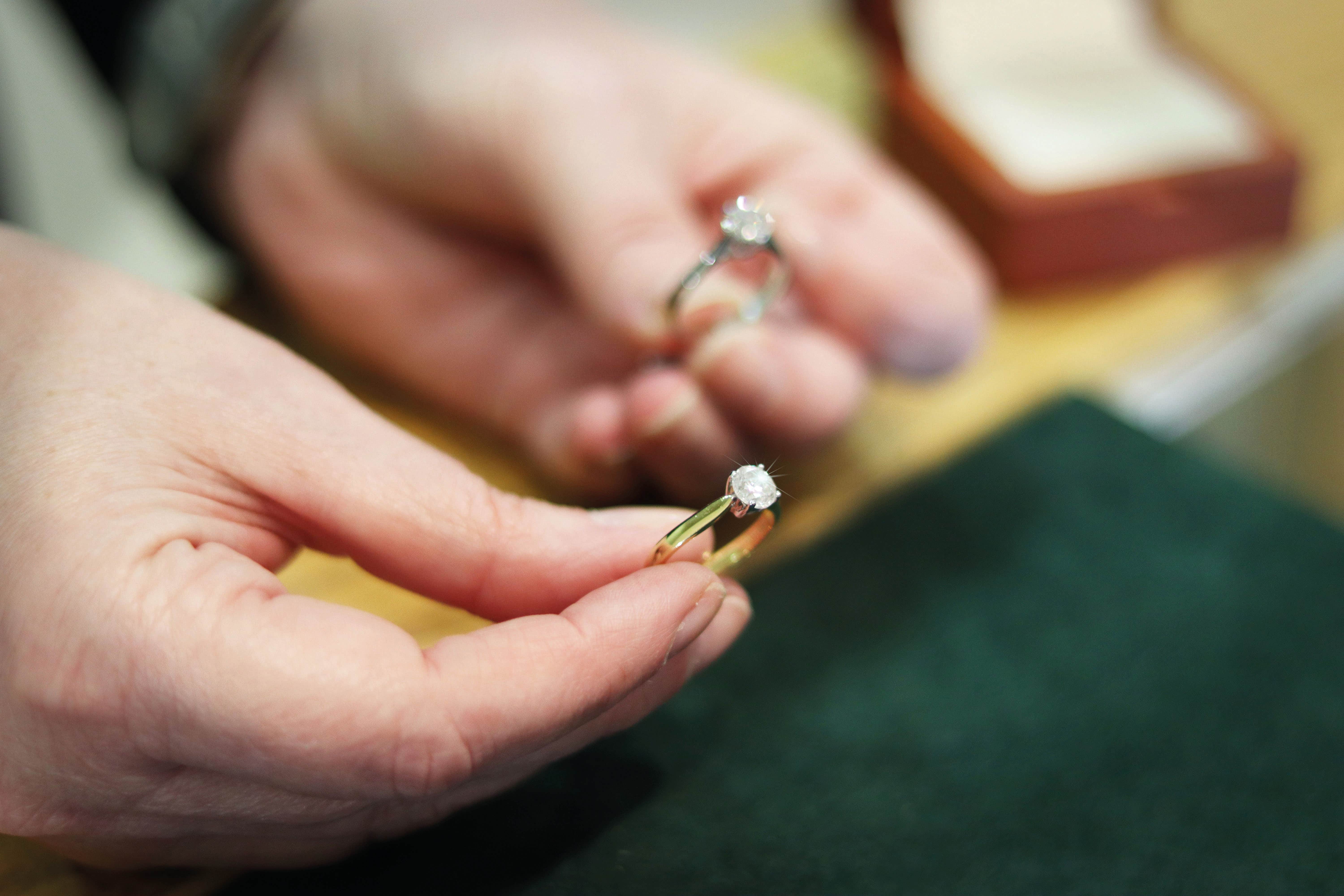Pawnbroking and higher gold prices help drive up profits for Ramsdens
The group, which has about 160 stores in the UK, said higher living costs had helped fuel consumer demand for short-term credit.

Your support helps us to tell the story
From reproductive rights to climate change to Big Tech, The Independent is on the ground when the story is developing. Whether it's investigating the financials of Elon Musk's pro-Trump PAC or producing our latest documentary, 'The A Word', which shines a light on the American women fighting for reproductive rights, we know how important it is to parse out the facts from the messaging.
At such a critical moment in US history, we need reporters on the ground. Your donation allows us to keep sending journalists to speak to both sides of the story.
The Independent is trusted by Americans across the entire political spectrum. And unlike many other quality news outlets, we choose not to lock Americans out of our reporting and analysis with paywalls. We believe quality journalism should be available to everyone, paid for by those who can afford it.
Your support makes all the difference.Growing demand for pawnbroking services and higher gold prices have driven up profits for Ramsdens, the retailer and lender revealed.
The group, which has about 160 stores in the UK, said higher living costs has led to more consumers looking for short-term credit.
It said the number of new customers using its pawnbroking service, which allows people to borrow money against a piece of jewellery or a watch, grew by 11% compared with the previous year.
Higher living costs driving demand for consumer credit, as well as as fewer traditional short-term lenders such as payday lenders on the market, helped give Ramsdens’ pawnbroking service a boost, it said.
Ramsdens has had a great year, delivering a milestone profit in excess of £10 million
The average loan value was £325 as at the end of September, up from £303 at the same time the previous year.
Jewellery sales surged by nearly a quarter year-on-year as the retailer reported more consumer demand for both new and secondhand items.
Meanwhile, sales of precious metals soared by nearly 50% amid an increase in the price of gold.
Ramsdens buys unwanted jewellery or precious metals and then sells it in its shops or melts it down and sells to a dealer, through which it generates a profit.
The chain has benefited from higher gold prices, with economic uncertainty and volatility in the financial markets typically fuelling interest in gold as a “safe haven” investment.
The company revealed its pre-tax profit rose by more than a fifth to £10.1 million in the year to the end of September, up from £8.3 million the previous year.
Nevertheless, it said it was “not immune” to rising costs, in particular higher staff wages and electricity costs.
Income from its foreign currency division grew by 8% year-on-year, but the company said it had a somewhat “disappointing” summer with cost-of-living pressures meaning its customers were taking slightly less cash on holiday with them.
Peter Kenyon, Ramsdens’ chief executive, said: “Ramsdens has had a great year, delivering a milestone profit in excess of £10 million.
“While we are very conscious of the tough economic conditions and the cost pressures of energy pricing, increased interest rates, and paying the real living wage, we have confidence that our long-term strategy, which remains unchanged, will deliver long-term benefits for all stakeholders.”